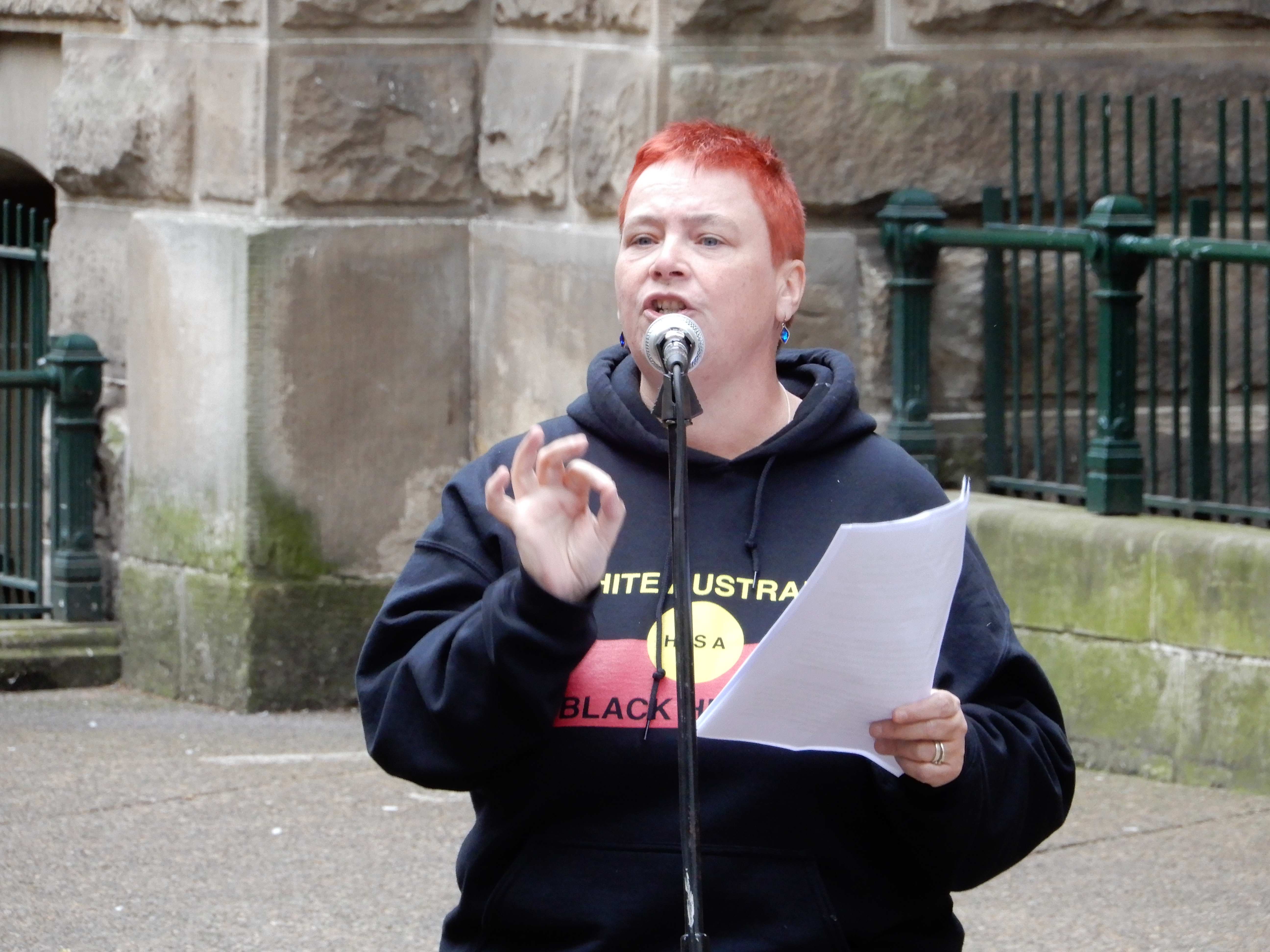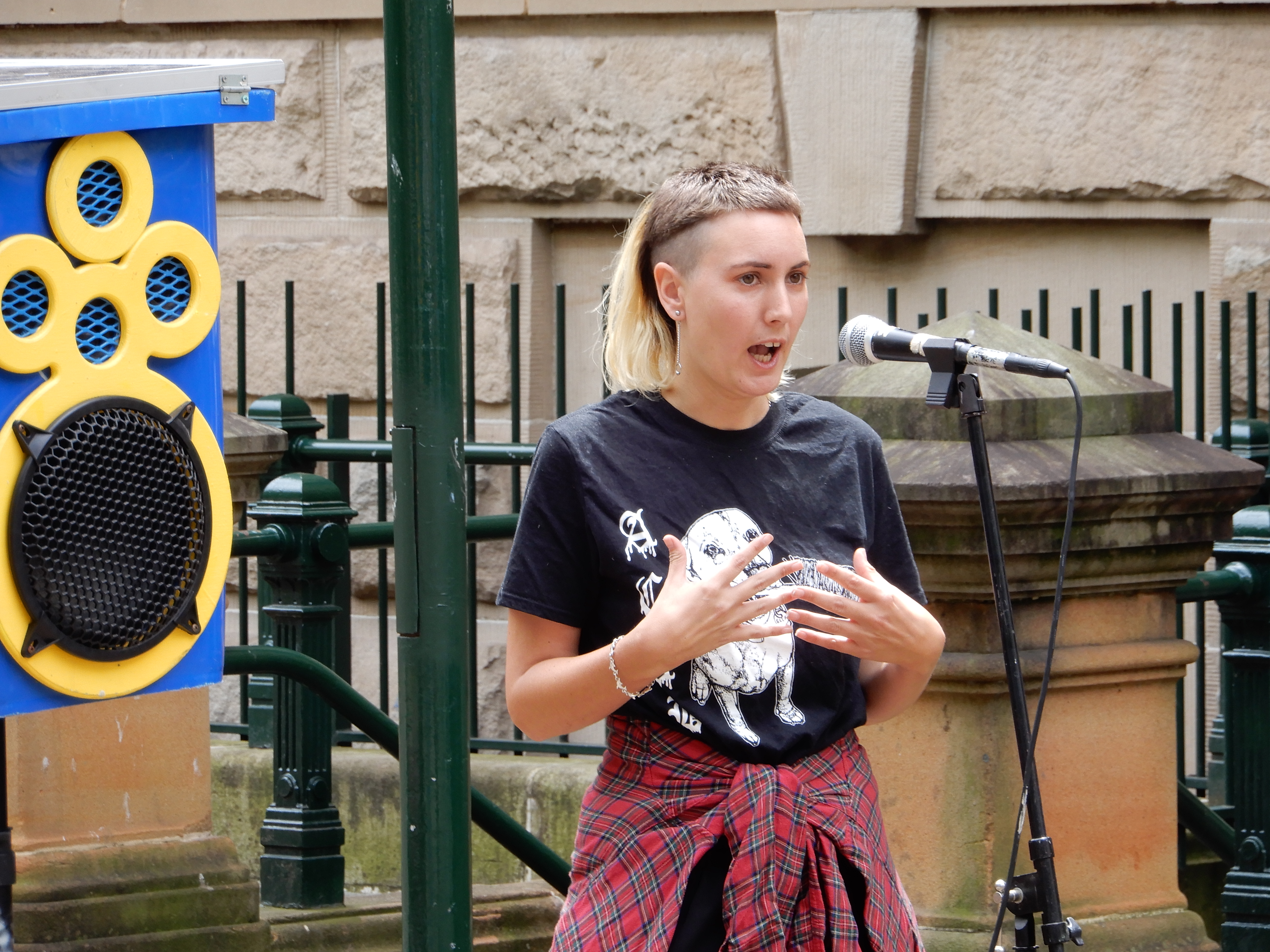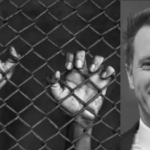The Religious Right to Discriminate Bill: Morrison’s Holy Grail

In December 2017, as marriage equality was legalised, then treasurer Scott Morrison launched his religious privilege crusade. Ostensibly, it was to prevent religious discrimination, but in actuality, it marks a bid by the old order to uphold the right to be a bigot.
The main target of these religious right crusaders – conservative Christian white straight male politicians – was the LGBITQ community, which had just been afforded the same rights as the rest of society. But, what wasn’t expected was the sweeping up of many other marginalised groups as well.
The Religious Discrimination Bill 2019 (Cth) has detrimental implications for LGBTIQ people, women in general, First Nations people, people of colour, people with disabilities, single parents and carers. Indeed, this is why the legislation has earned the moniker the Bigot’s Bill.
With the release of the bill’s exposure draft towards the end of August, it became clear that the religious right is preparing to build a legislative edifice to protect behaviour that would at present be classed as discrimination if it’s done in accordance with one’s faith.
And last week, as hundreds marched through Sydney streets as part of the No Right to Discriminate rally – organised by Community Action for Rainbow Rights (CARR) – there was a sense of outrage over a government supposed to be representing all, moving to guarantee the prejudice of a few.
A statutory Damocles’ sword
“The liberal press and commentators have woken up to the myriad of issues that the bill throws up,” CARR activist Moira Leahy said, citing examples such as it overriding all federal, state and territory anti-discrimination laws, and the possibility that it even undermines the constitution.
Ms Leahy told Sydney Criminal Lawyers that while the “liberal press and commentators” have been picking out the “logical fallacies and the unintended consequences” of the poorly drafted bill, they’ve completely missed the point.
These proposed laws aren’t illogical “if you understand the real intent of every right-wing Christian leader braying to make them even more discriminatory,” Leahy made clear. They’re “absolutely logical if your aim is to witch hunt single women who get pregnant or the queer community”.

The LGBTIQ rights campaigner added that it’s ridiculous to maintain the idea that the proposed laws would protect religious minorities, “when we know full well that that shield is really a sword in the hands of the rich Christian bigots”.
Key enabling provisions
Proposed section 41 of the Religious Discrimination Bill provides that if a person makes a statement based on their religious beliefs it doesn’t “constitute discrimination for the purposes of any anti-discrimination law”. This is unless it’s likely to harass, vilify, or incite hatred or violence.
The architects behind the Bigot’s Bill are some of the very same individuals who unsuccessfully tried to amend section 18C of the Racial Discrimination Act 1975 (Cth), so that it no longer prevented people from acting in a way that offends, insults or humiliates someone based on race.
And as the Australian Council of Human Rights Authorities pointed out, the test as to whether an act is considered harassment, vilification or incitement is much higher than the test for offence, insult or humiliation, meaning this section would override the measures they tried to repeal in section 18C.
While section 8 of the Religious Discrimination Bill contains the “health practitioner conduct rule”, which allows a healthcare professional to refuse to provide a health service to a patient if it doesn’t agree with their religious belief system.
This rule maintains that the patient’s health service requirement in this case is actually a form of indirect discrimination being imposed upon the health practitioner to the disadvantage of their religious beliefs.
The implications of this could make it problematic when seeking an abortion or hormone treatment, but further, it’s even been suggested that GPs could refuse to provide service outright to a person, because their lifestyle doesn’t fit in with the doctor’s faith.
Compounding discrimination
“People from the trans community already face a lot of barriers to accessing healthcare,” said Trans Action Warrang – Sydney spokesperson Sid Littlewood. “So, having this bill in place adds extra weight to the bigotry that’s already out there.”
“It really solidifies that it’s okay to hold these ideas,” they continued, “and to treat certain members of society as not worthy or deserving of care and support.”

According to Littlewood, trans and gender diverse people also have difficulties in accessing homelessness and domestic violence services. And while four of the five major social service providers are run by religious groups, the new laws could lead to further barriers being put in place.
“This bill has very far reaching implications. Not just for LGBTIQ people. It’s an intersectional issue,” Littlewood warned. “Those who face multiple barriers within society – multiple levels of oppression – are going to be the hardest hit.”
Bearing the brunt
“Brotherboys and Sistergirls are hit hardest,” said Hayden Moon, also a spokesperson from Trans Action, “as we’re already lacking in access to healthcare as it is, due to colonialism, racism and socioeconomic status.” He added that those in regional areas are most at risk, as the small pool of GPs could shrink further.
Moon explained that the brotherboy and sistergirl suicide rate – the highest amongst LGBTIQ people – could increase under the new laws. And many who are in foster care – due to the disproportionate number of Aboriginal children removed from their homes – already have trouble accessing health.
Currently, local Aboriginal medical services (AMS) don’t often conduct training in providing adequate support services for First Nations trans youth. And over recent years, many Aboriginal LGBTIQ people have been campaigning for it to be implemented.
“Laws like this may mean they never receive that training,” Moon emphasised, “causing Aboriginal trans youth to be further at risk as AMS is often the only medical care we can afford.”
An inability to concede
Following the receipt of submissions, attorney general Christian Porter has been working on some amendments to the Religious Discrimination Bill. Although, the minister said the changes made haven’t been “massive or substantial”.
Outspoken dinosaur Liberal backbencher Eric Abetz told Sky News last week that the religious discrimination laws were promised to “No” voters as marriage equality became law. And he’s confident that the measures will satisfy those opposed to same-sex marriage.
“No one is fooled that this is about anything other than the backlash of the bigots who can’t bear to see the blossoming of queer people,” Leahy concluded.
“This legislation is the revenge of people who were so badly smashed by the silent majority of Australians that they didn’t even have the courage to vote against the marriage equality bill.”







